All Formats & Editions
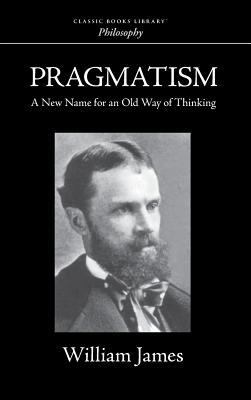

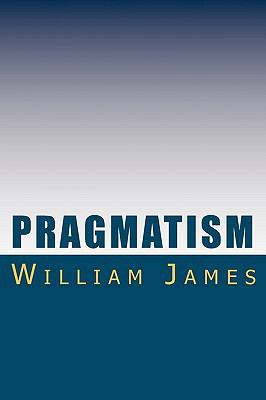
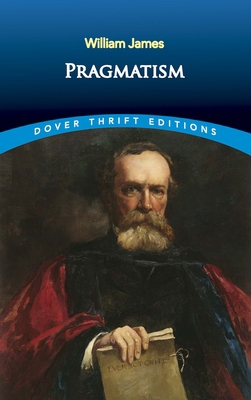
Pragmatism
A profoundly influential figure in American psychology, William James (1842-1910) was also a philosopher of note who adopted Charles S. Peirce's theories as a basis for his own conception of pragmatism. For James, this meant an emphasis on "radical empiricism" and the concept...
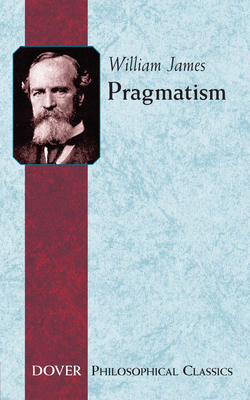
Pragmatism
A profoundly influential figure in American psychology, William James (1842-1910) was also a philosopher of note, who used Charles S. Peirce's theories of pragmatism as a basis for his own conception of that influential philosophy. For James, this meant an emphasis on "radical...

Pragmatism (Philosophical Classics)
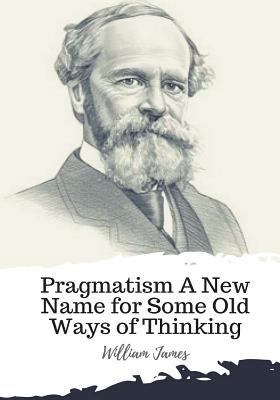
Pragmatism A New Name for Some Old Ways of Thin...

Pragmatism: A New Name for Some Old Ways of Thi...
Pragmatism: A New Name for Some Old Ways of Thinking is a book by American psychologist and philosopher William James that focuses on his belief in pragmatism, which is considred to be the ability to forsee practical consequences or real effects as vital components of meaning...

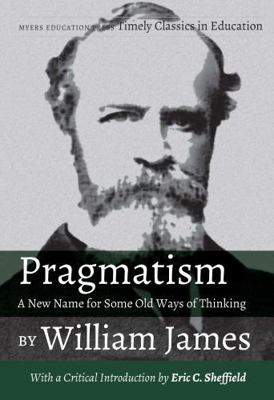
Pragmatism - A New Name for Some Old Ways of Th...
This new release of the classic text Pragmatism is absolutely timely. James' seminal statement of pragmatism's underpinnings and its treatment of essential philosophical questions (the nature of truth; the one and the many; free will; etc.) could not come at a more appropriate...

![Pragmatismo [Spanish] 8416170509 Book Cover](https://i.thriftbooks.com/api/imagehandler/l/DD3076C12847ECF580B3C7E0AE87C90DEACCD23B.jpeg)
Pragmatismo [Spanish]
For William James, pragmatism is the solution to the conflict between the demands of science and religion. He defends the relevance of temperament in each individual's adoption of a philosophy, and he understands the dispute between rationalists and empiricists as a clash of...
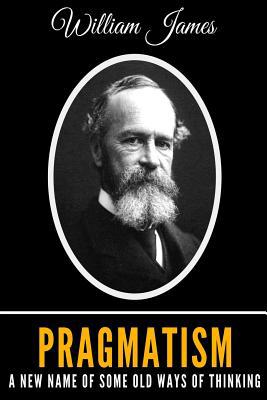
Pragmatism
The pragmatic movement, so-called-I do not like the name, but apparently it is too late to change it-seems to have rather suddenly precipitated itself out of the air. A number of tendencies that have always existed in philosophy have all at once become conscious of themselves...
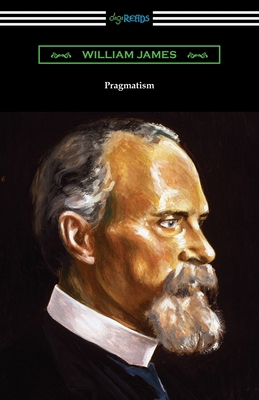
Pragmatism
William James, who has been called the "father of American psychology", was one of the most influential thinkers of the 19th century. Along with Charles Sanders Peirce, William James established the school of thought known as "Pragmatism", a philosophy which rejected the idea...
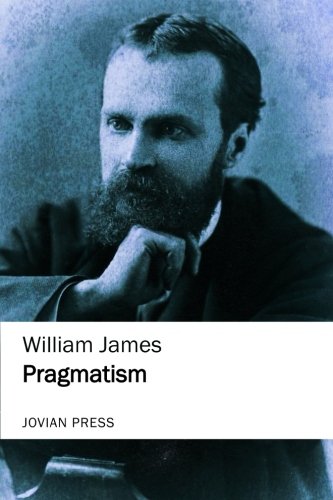
Pragmatism (Jovian Press)
A profoundly influential figure in American psychology, William James (1842-1910) was also a philosopher of note, who used Charles S. Peirce's theories of pragmatism as a basis for his own conception of that influential philosophy. For James, this meant an emphasis on "radical...
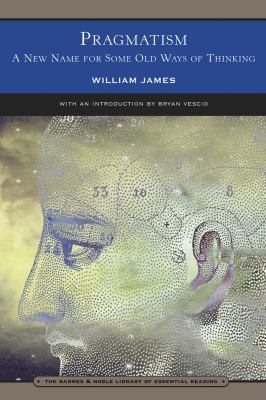
Pragmatism: A New Name for Some Old Ways of Thi...
The word "pragmatism" is used everywhere today, from business to sports to politics. Although the word hadn't yet entered everyday language when William James published?Pragmatism?in 1907, the philosopher believed its doctrine had virtually become common sense in twentieth-century...
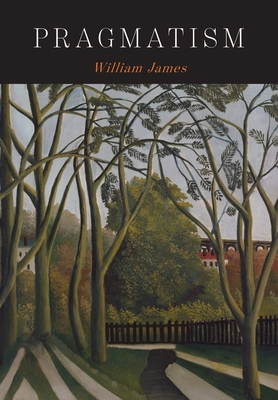
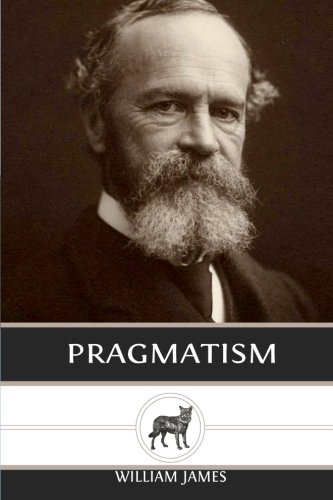
Pragmatism
Pragmatism is a work by William James now brought to you in this new edition of the timeless classic.

Pragmatism - William James - The Franklin Libra...

Pragmatism: A New Name for Some Old Ways of Thi...

Pragmatism: A New Name For Some Old Ways Of Thi...
The lectures that follow were delivered at the Lowell Institute in Boston in November and December, 1906, and in January, 1907, at Columbia University, in New York. They are printed as delivered, without developments or notes. The pragmatic movement, so-called-I do not like the...
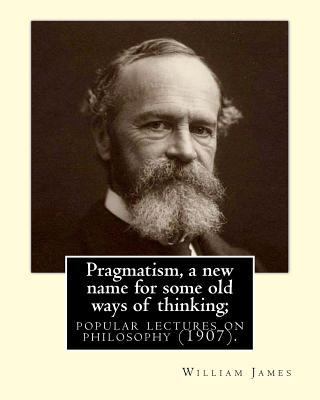
Pragmatism, a new name for some old ways of thi...
William James (January 11, 1842 - August 26, 1910) was an American philosopher and psychologist who was also trained as a physician. The first educator to offer a psychology course in the United States, James was one of the leading thinkers of the late nineteenth century and...

Pragmatism
"It is absolutely the only philosophy with no humbug in it," an exhilarated William James wrote to a friend early in 1907. And later that year, after finishing the proofs of his "little book," he wrote to his brother Henry: "I shouldn't be surprised if ten years hence it should...
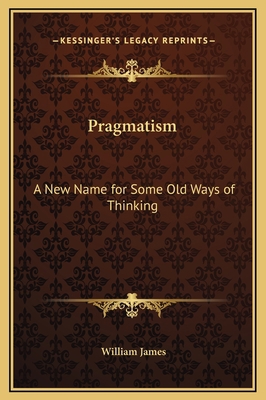
Pragmatism: A New Name for Some Old Ways of Thi...
Pragmatism: A New Name for Some Old Ways of Thinking is a philosophical work by the American philosopher and psychologist William James. Originally published in 1907, the book is a collection of lectures that James delivered at the Lowell Institute in Boston in 1906. In this...




